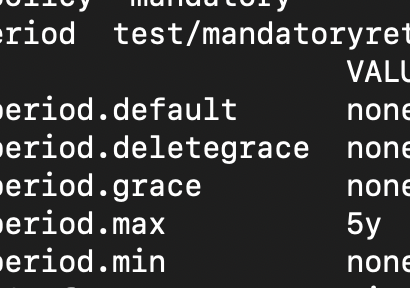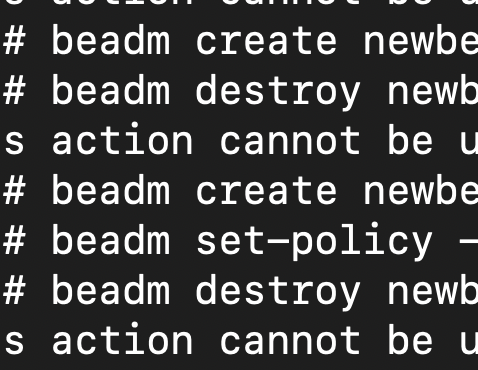(originally published on 11.04.2013, reviewed/rewritten on 26.04.2025, tested on Oracle Solaris 11.4 SRU 80)
The useradd tool in Solaris has the capability to use some defaults.
If you want to see the current defaults, you can do this via using useradd -D:
root@testbed:~# useradd -D
group=staff,10 project=default,3 basedir=/export/home
skel=/etc/skel shell=/usr/bin/bash inactive=0
expire= auths= roles= profiles= limitpriv=
defaultpriv= lock_after_retries= roleauth=
auth_profiles= clearance= min_label= pam_policy=
project= audit_flags= access_times= access_tz=
unlock_after= tpd= annotation= zfshome=yes Let’s assume you have a group admins and you want to put all new users created by useradm into this group. You use the -D option again.
root@testbed:~# useradd -D -g admins
group=admins,100 project=default,3 basedir=/export/home
skel=/etc/skel shell=/usr/bin/bash inactive=0
expire= auths= roles= profiles= limitpriv=
defaultpriv= lock_after_retries= roleauth=
auth_profiles= clearance= min_label= pam_policy=
project= audit_flags= access_times= access_tz=
unlock_after= tpd= annotation= zfshome=yes 


